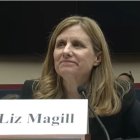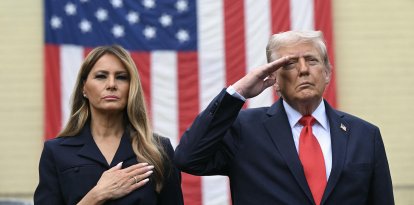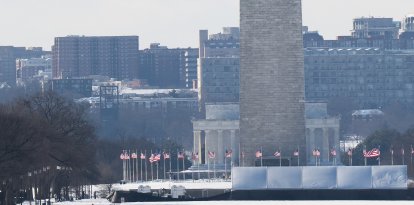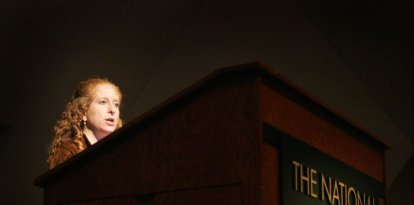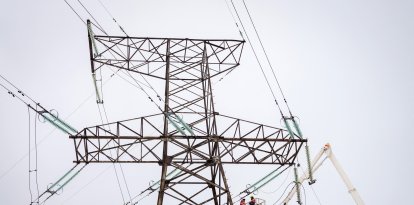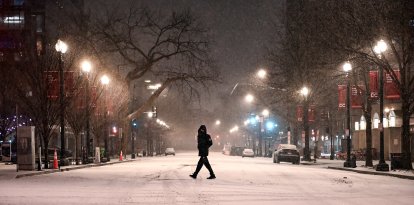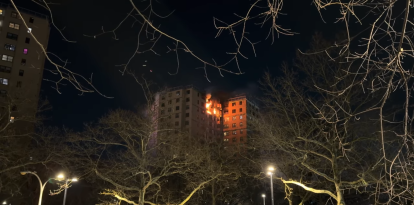University of Pennsylvania joins Harvard and ends socio-political statements
Following the resignation of the then president in December, after a disastrous hearing over anti-Semitic protests on campus, administrators stated, "It is not the role of the institution to issue opinions, in doing so it risks suppressing creativity and academic freedom."

Campus UPenn
The University of Pennsylvania decided to put an end to official socio-political statements on issues of national or global importance. The move includes a new rule following the resignation in December of the then-president of the educational institution, Liz Magill, after a disastrous hearing in the House of Representatives because of anti-Semitic protests held on campus.
The university's trustees were charged with reporting the decision. In a statement e-mailed to the university community they stated:
It is not the role of the institution to issue opinions; doing so risks suppressing the creativity and academic freedom of our faculty and students.
Even when they appear to provide emotional support to people in our communities, institutional pronouncements undermine the diversity of thought that strengthens us and is central to our missions.
The Ivy League university established temporary rules last June related to protests (following the arrest of more than 30 individuals on its Philadelphia campus). The rules prohibit overnight demonstrations and settlements "in any area of the University, regardless of space (indoor or outdoor). Unauthorized nighttime activities will be considered trespassing and will be addressed."
UPenn joins Harvard University
With this move UPenn joins Harvard University, which communicated at the end of May this year that it will no longer issue opinions on topics outside its "core mission." Furthermore, Haverford College reported that it took a similar stance, noting that at the end of August its president will stop making "statements" except in cases that directly affect Haverford or higher education.
"The University will issue messages about local or world events rarely, and only when those events are within our operational mandate," the University of Pennsylvania statement said.





